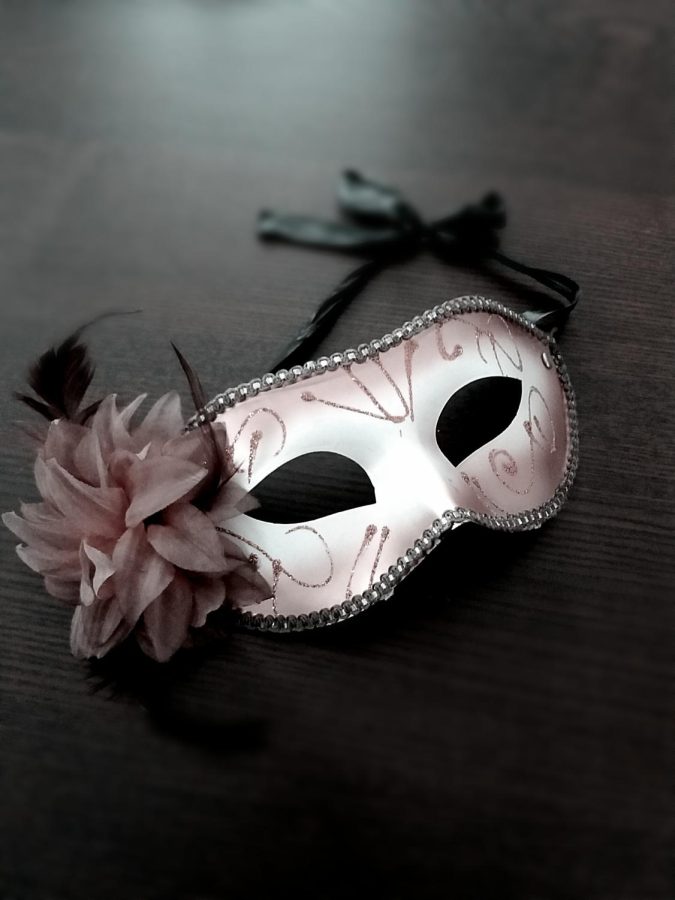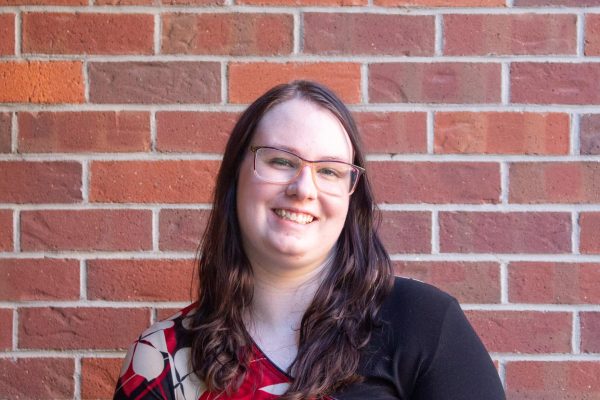When I was about 5-years-old I dressed up as Snow White for Halloween. My parents bought me the entire ensemble, the mass-produced dress, black wig and accessories. I remember loving that costume so much that I insisted on wearing it for about the next two or three years. I believe the only reason I stopped wearing the costume was because I outgrew it.
Now, looking back on those years of wearing that Snow White costume, I cringe a little bit. Not because I wore it over and over again, but due to the negative feelings I have developed toward the original Disney princesses. As I grew up and began to form opinions, I realized how these princesses were horrible role models for adolescents. They show children that it’s okay to change yourself for a man, and rely on them to save the day, which is completely inaccurate.
It’s strange to think that the things we were obsessed with as kids were actually socially and culturally insensitive, such as the costumes we wore as children. When “Moana” was released in 2016, Disney marketed a Maui costume that received major backlash, because it included a body suit that had colored, tattooed skin. A debate was sparked regarding whether or not white children should be able to dress as Moana and characters from the film.
Many parents chimed in on this subject, with some saying that it’s “just a costume,” while others recognized that it was cultural appropriation. A 2017 Redbook Magazine article chimed in on the topic and said
“To pretend to be a racial, ethnic, or religious minority when you’re not makes light of their history — and reinforces a deeply problematic power dynamic, wherein white people use, then discard, pieces of cultures they’ve subjugated for centuries just because they can.”
The article also touched on the significance of teaching children about cultural sensitivity, particularly “towards anyone who doesn’t get to choose how the world at large sizes them up.”
As crucial as it is to teach our children about cultural sensitivity so that they can grow up with a better outlook, adults are also in need of some cultural sensitivity training, especially around Halloween time.
Cultural appropriation is an ongoing battle, especially during Halloween, which is appropriated in an of itself.
Originally called Samhain, pronounced sow-in, the Celtic holiday was celebrated over 2,000 years ago on Nov. 1. It was believed that on this night the boundary between worlds became blurred, and ghosts and deities could cross into the land of the living, similar to Día de los Muertos, also celebrated on Nov. 1. The Celts dressed in animal skins and sacrificed crops and livestock to these spirits by building large bonfires.
Then, when the Romans conquered the Celts, similar Roman festivals were combined with Samhain traditions. The first day commemorated the dead, and the second day honored Pomona, a Roman goddess, whose symbol was the apple. This was later incorporated into Samhain.
Further down the line a Roman pope adopted Samhain traditions into a new holiday, All Saint’s Day, a day meant to honor Christian martyrs. They appropriated the Celtic tradition of building bonfires and dressing up in costumes, except this time people dressed as demons, angels and saints, instead of animals. This is an example of the christianization and appropriation of a polytheistic culture and religion.
From there, All Saint’s Day was brought over to America, where colonizers appropriated Indigenous traditions into the holiday we all know now — Halloween. Over the centuries the holiday has continued to grow and adopt new aspects, such as trick-or-treating and the tradition of watching scary movies. However, this does not erase the blatant cultural appropriation that started over 2,000 years ago.
Now, in modern times, Halloween in the town of Chico has become something new and taken on the form of Chicoween. It’s a special time for Chico residents, college students and even outsiders, who specifically come to attend parties and events. Over the years I’ve seen a variety of Chicoween costumes, anything from sexy mice to tortillas. I’ve also seen some people decked out in sombreros and ponchos, and others in coconut bras and grass skirts.
When it comes to picking out costumes there’s a lot to consider, including whether or not a costume is culturally sensitive. A 2021 USA Today article gives some examples of insensitive costumes, which includes blackface. It also points out the danger of sexualizing certain costumes, such as those depicting Indigenous peoples.
The article cites the Cambridge dictionary definition of cultural appropriation.
“Cultural appropriation is when someone adopts a culture that isn’t their own and does not acknowledge or respect the culture being used for their own benefit.”
Dressing as an Indigenous person, especially in a place like Chico, is a highly insensitive act.
As a whole, Chico State does its best to educate its student population on the Mechoopda tribe, whose land we inhabit. Dressing up as an Indigenous person counters these values, and is hurtful, especially considering Chico State students’ past battles with white supremacy.
Chico State’s student radio, KCSC, in an attempt to create a safe space for everyone, released costume guidelines for their Oct. 28 event, Goblin Gala: Night of the Living Bands, on their Instagram account. Along with banning all costumes that make fun of “BIPOC, Queer, Transgender, physically disabled or mentally disabled people,” they also banned those that are culturally insensitive.
Anyone wearing “racist or culturally insensitive costumes,” including but not limited costumes from outside your own culture and racist caricatures, as well as “costumes depicting a minority group as a joke,” were turned away from the event.
Events thrown like those by KCSC help our society evolve to become more inclusive and sensitive to everyone. They also help others consider how their individual actions can hurt minorities, and evaluate how they can prevent that from happening.
Maybe now that most of us are educated on cultural sensitivity we can help educate others and stop the cycle that the Romans started, the same one that costume-wearers perpetuate today.
Ariana Powell can be found at orionmanagingeditor@gmail.com.









Paulus // Nov 3, 2022 at 5:58 pm
I agree that culture elements associated with Christian holidays such as All Hallow’s Eve, Christmas and Easter were appropriated from pagan cultures over the last two millennia. However, our secular society has appropriated them right back again, and commercialized them, too, so there’s no point in wagging the finger at contemporary Christians about this. It’s all in the mixed bag of Western culture now.